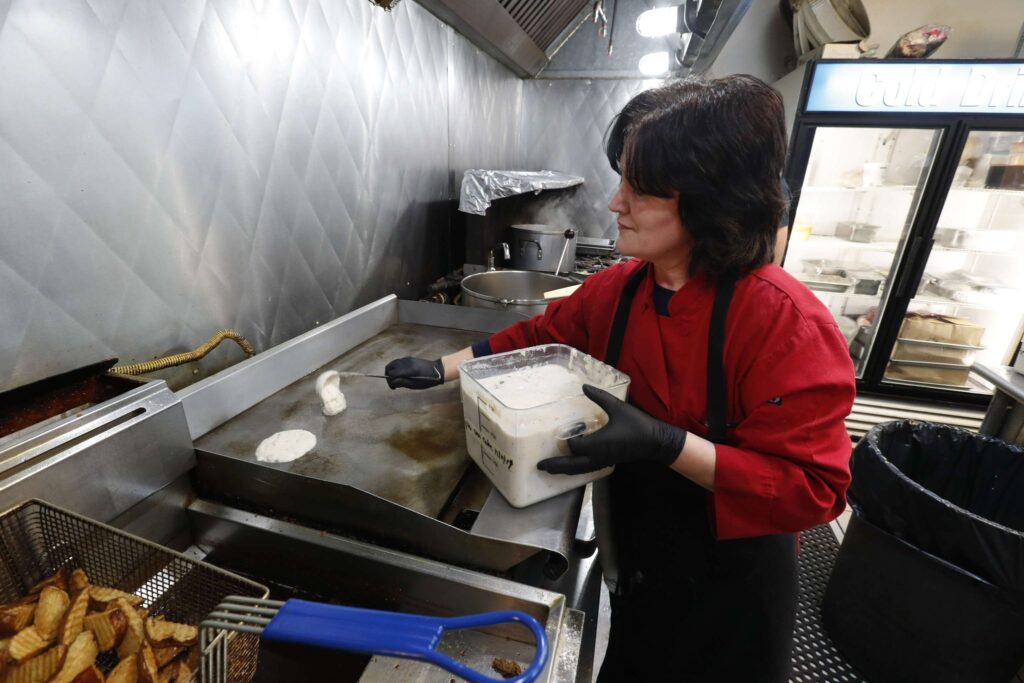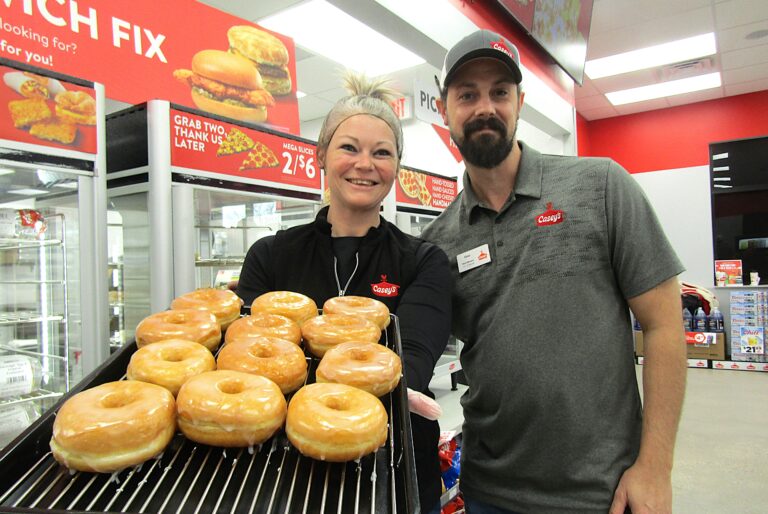The NFIB Small Business Optimism Index fell by 2.3 points in January to 102.8. This is the third consecutive month above the 51-year average of 98. The Uncertainty Index rose 14 points to 100 – the third highest recorded reading – after two months of decline.
“Overall, small business owners remain optimistic regarding future business conditions, but uncertainty is on the rise,” National Federation of Independent Businesses Chief Economist Bill Dunkelberg said in a news release. “Hiring challenges continue to frustrate Main Street owners as they struggle to find qualified workers to fill their many open positions. Meanwhile, fewer plan capital investments as they prepare for the months ahead.”
“For Iowa’s small business community, this pricing pressure, combined with 18% of owners citing inflation as their top concern, signals ongoing challenges in maintaining profitability while serving our agricultural and manufacturing base,” said NFIB Iowa State Director Matt Everson. “Main Street needs pro-small business policies and tax relief now more than ever.”
Key findings were:
- The net percent of owners expecting the economy to improve fell five points from December to a net 47% (seasonally adjusted).
- 18% of owners reported that inflation was their single most important problem in operating their business, down two points from December and matching labor quality as the top issue. The last time it was this low was in November 2021.
- The net percent of owners raising average selling prices fell two points from December to a net 22% (seasonally adjusted).
- Seasonally adjusted, a net 26% plan price hikes in January, down two points from December.
- 35% (seasonally adjusted) of all owners reported job openings they could not fill in the current period, unchanged from December.
- 20% (seasonally adjusted) plan capital outlays in the next six months, down seven points from December.
- A net 3% of owners reported that their last loan was harder to get than in previous attempts (down one point). The last time it was this low was June 2022.
- A net 0% (seasonally adjusted) of owners plan inventory investment in the coming months, down six points from December’s highest reading since December 2021.
As reported in NFIB’s monthly jobs report, a seasonally adjusted 35% of all small business owners reported job openings they could not fill in January, unchanged from December. Of the 52% of owners hiring or trying to hire in January, 90% reported few or no qualified applicants for the positions they were trying to fill.
Labor challenge results
The percent of small business owners reporting labor quality as the single most important problem for business fell one point from December to 18%. Labor costs reported as the single most important problem for business owners fell two points to 9%, four points below the highest reading of 13% reached in December 2021.
Seasonally adjusted, a net 33% reported raising compensation, up four points from December’s lowest reading since March 2021. A seasonally adjusted net 20% plan to raise compensation in the next three months, down four points from December.
Fifty-eight percent of owners reported capital outlays in the last six months, up two points from December. Of those making expenditures, 41% reported spending on new equipment, 24% acquired vehicles, and 16% improved or expanded facilities.
Some 12% spent money on new fixtures and furniture and 5% acquired new buildings or land for expansion. In addition, 20% (seasonally adjusted) plan capital outlays in the next six months, down seven points from December. This index component had the greatest impact on this month’s Index decline.







